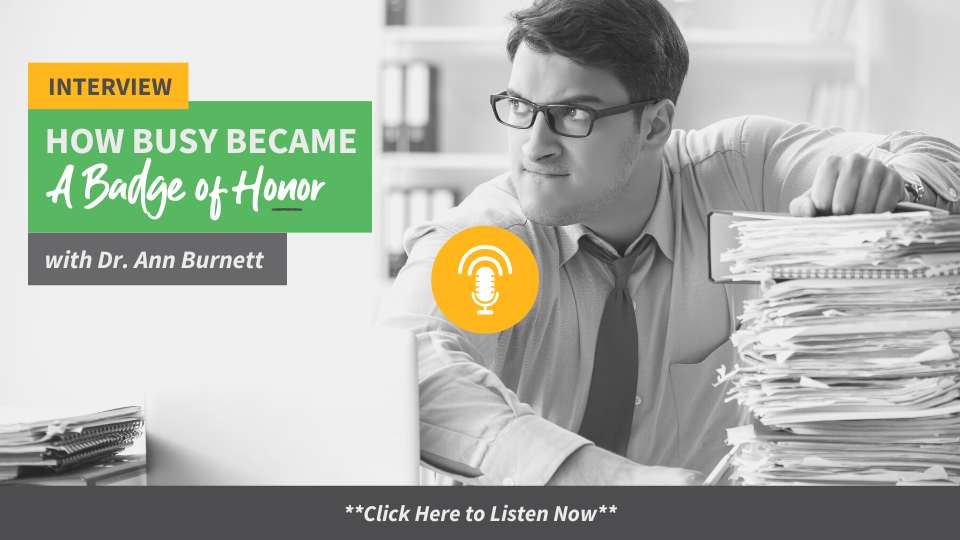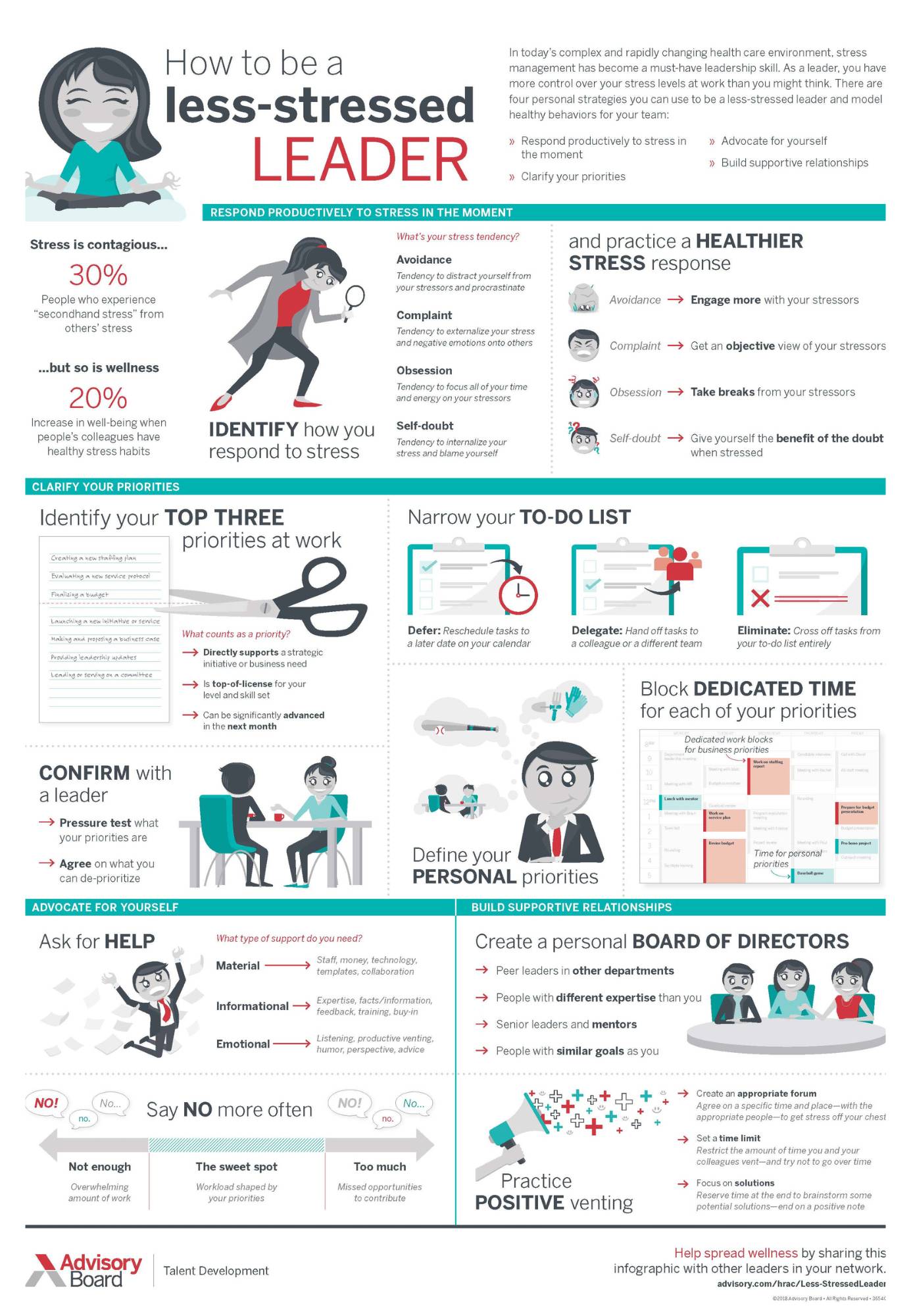
ROUNDTABLE MONDAY: Transcending Busyness and Navigating the Fast Pace of Life
This Monday, December 19th from 12:00pm – 1:00pm, former NDSU Professor, Dr. Ann Burnett, will lead the Trinity Health team through Transcending Busyness and Navigating the Fast Pace of Life, especially during the holiday season.
With numerous family obligations, work responsibilities, and the transition to the HCMD, our Trinity Health team is no stranger to busyness, but Dr. Burnett will help us reframe our perspective and enter this next season renewed and ready to take on whatever comes next.
Dr. Burnett will cover:
– Why we are so busy
– How busyness affects our relationships
– What we’re communicating when we tell people “I’m so busy”
– The negative results of busyness
– How we can address chronic busyness
– 8 Ways we can overcome busyness in Healthcare
Three Ways to Watch:
1. Watch Live in the Skyline Room
2. Watch Live via Zoom or call in at (312) 626-6799, Meeting ID: 861 1285 5512
3. Watch the Replay After the Event (emailed December 22nd and posted on the Microsite)
Click here to RSVP. See you then!
GET TO KNOW DR. BURNETT: Listen in on this great interview with Dr. Burnett on How Busy Became a Badge of Honor
Dr. Ann Burnett is extremely passionate about heloing us overcome busyness. As a researcher and former professor at NDSU, Dr. Burnett studies how our communication about time affects our relationships and experience of life.
In this 13 minute MPR interview, Dr. Burnett shares the source of her inspiration and explores “How Being Busy Became a Badge of Honor.”
Here are some key insights she’s learning from her research –
-Busyness negatively affects our relationships, decreasing intimacy and either increasing conflict due to stress or preventing conflict because couples are “too busy to fight”
-Busyness and the fast pace of life affect our cortisol and raises our stress levels
-Technology has rapidly increased the pace of life and increased expectations – with text messages and emails, we now feel increased demand to be available at all hours and feel pressure to respond immediately
-Many of us hold busyness as a badge of honor and if we don’t believe we’re busy enough, we can feel guilt and shame for not doing more.
–Busyness = Importance: Our culture has adopted the belief that “if you’re not busy enough, you’re not to be respected.” To keep up appearances, we may even exaggerate our busyness to feel more valued and worthy.
-This over-emphasis on busyness affects both men and women, but women are particularly affected by this pressure to appear busy and may feel guilt for both being too busy and not being busy enough.
Reframing Busyness and Changing Our Communication Can Help
-Knowing we are going to die can help us live a better life
-Becoming aware of our patterns and communication around busyness can help us more deeply experience our lives
-We have the power to change our language and communication to relieve the pressure to be busy and decrease our stress and anxiety
Click here to listen to the interview and become more aware of how the pressure of busyness is affecting your life.
How to Be a Less-Stressed Leader
from Advisory Board Talent Development
Busyness and overwhelm comes in many forms for healthcare leaders and it can be hard to believe we can find a way out of the chaos and into a sense of confidence and calm.
This infographic from Advisory Board gives great tips and tools for becoming a “less-stressed leader” and healthy behaviors you can model for your team:
Infographic from Advisory Board (external link)
Use These Four Personal Strategies
1) Respond productively to stress in the moment
2) Advocate for yourself
3) Clarify your priorities
4) Build supportive relationships
Identify How You Respond to Stress – What’s Your Stress Tendency?
1) Avoidance: tendency to distract yourself from your stressors and procrastinate
2) Complaint: Tendency to externalize your stress and negative emotions onto others
3) Obsession: Tendency to focus all of your time and energy on your stressors
4) Self-Doubt: Tendency to internalize your stress and blame yourself
Practice a Healthier Stress Response (by Tendency)
1) Avoidance: engage more with your stressors
2) Complaint: get an objective view of your stressors
3) Obsession: take breaks from your stressors
4) Self-Doubt: give yourself the benefit of the doubt when stressed
Ask for Help!
Communicate the type of support that you need:
1) Material: staff, money, technology, templates, collaboration
2) Informational: expertise, facts/information, feedback, training, buy-in
3) Emotional: listening, productive venting, humor, perspective, advice
Create a Personal Board of Directors for Support
-Peer leaders in other departments
-People with different expertise than you
-Senior leaders and mentors
-People with similar goals as you
**Other leaders on the Leadership Quest!
Practice *Positive* Venting
1) Create an appropriate forum: agree on a specific time and place—with the appropriate people—to get stress off your chest
2) Set a time limit: restrict the amount of time you and your colleagues vent—and try not to go over time
3) Focus on solutions: reserve time at the end to brainstorm some potential solutions—end on a positive note
Click here to view the infographic on Advisory Board and learn how to be a “less-stressed leader” (external link).


